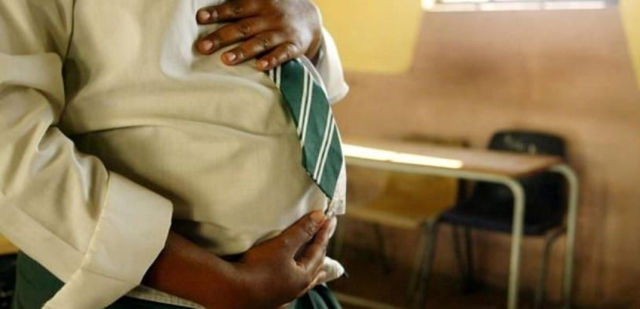
Mukono, Uganda | THE INDEPENDENT | Mukono health officials have called for the expeditious adaption of sexuality education in schools targeting girls as young as eight years to stem the increasing number of teenage pregnancies.
Dr. Stephen Mulindwa, the Mukono District Health Officer says that the number of teenage pregnancies in the district has continued rising despite the end of the lockdown. He revealed that 10 out of 100 clients showing up for antenatal services at major health facilities including Mukono General Hospital, Kojja, Nakifuma, and Goma health center IV are teenage mothers.
He also reveals that four out of 10 deaths resulting from birth complications involve teenage mothers. Mulindwa says formal sexuality education in schools that promotes instruction about healthy sexual decision-making and sexually transmitted infections together with HIV/AIDS prevention can improve the health and well-being of adolescents and young adults.
The government shelved the talk about sexuality education in schools in 2016 when the gender ministry discovered inappropriate sexual reproductive literature including topics on sexual orientation in more than 100 schools.
Mulindwa proposes that medical workers take on the initiative to guide the learners to delay sexual intercourse, reduce the number of sexual partners, and appropriate use of contraception to avoid unwanted pregnancies and infections.
Dr. Isaac Ddumba also notes that medical workers especially pediatricians can introduce issues of physical, cognitive, and psychosexual development to parents and their children in early childhood.
He says that sharing such information can help overcome barriers to discussing sexual development among children, adolescents, and parents.
Henry Kayondo, the Executive Director for Kyetume Community Based Health Project, says besides adopting sexuality education in schools, the government should invest in developing sexuality massages for digital platforms since they are severally used by teenagers for information.
James Mayanja, the manager for Eseri Domiciliary home, says that children and adolescents often times receive messages from the media, peers, and caregivers but the quality of information varies.
“They need to receive accurate education about sexuality to understand ultimately how to practice healthy sexual behavior and also to avoid exploitative and risky sexual activities,” Mayanja said.
In May 2018, the Ministry of Education introduced the first-ever framework for sexuality education termed “National Sexuality Education Framework-NSEF” to educate and provide sexuality information and skills in the formal education setting, which respects Uganda’s cultural values.
However, its content triggered protests from religious leaders and institutions, saying that some provisions of the policy will promote sexual immorality among the learners and destroy the core religious and family values.
*****
URN
 The Independent Uganda: You get the Truth we Pay the Price
The Independent Uganda: You get the Truth we Pay the Price





